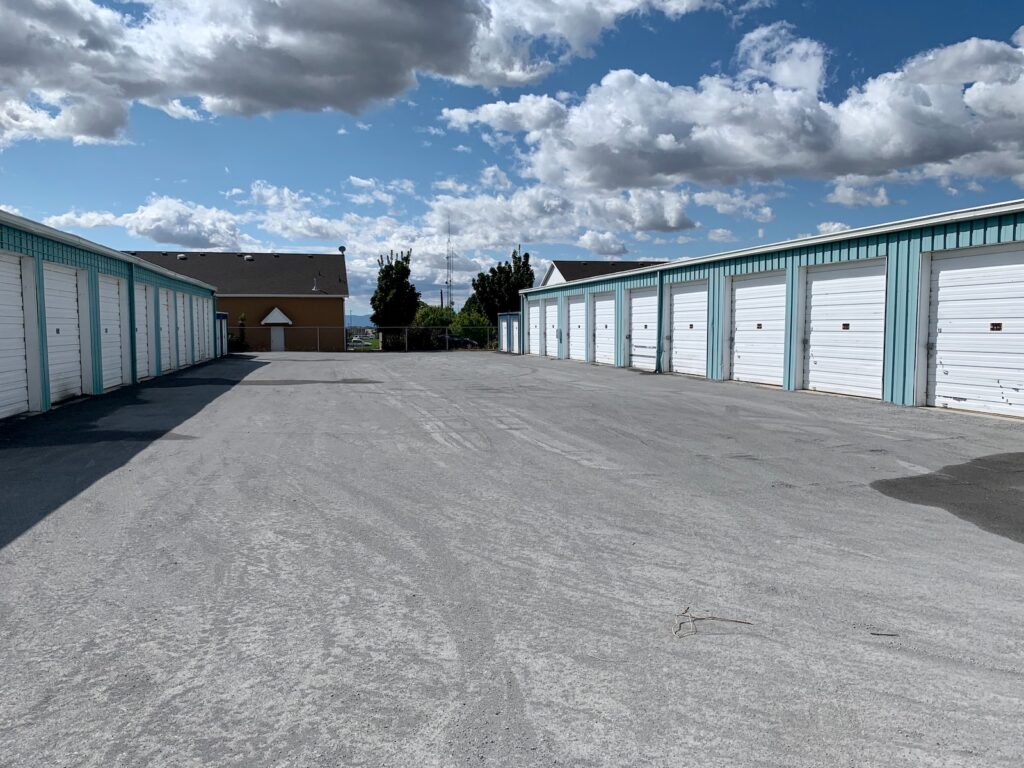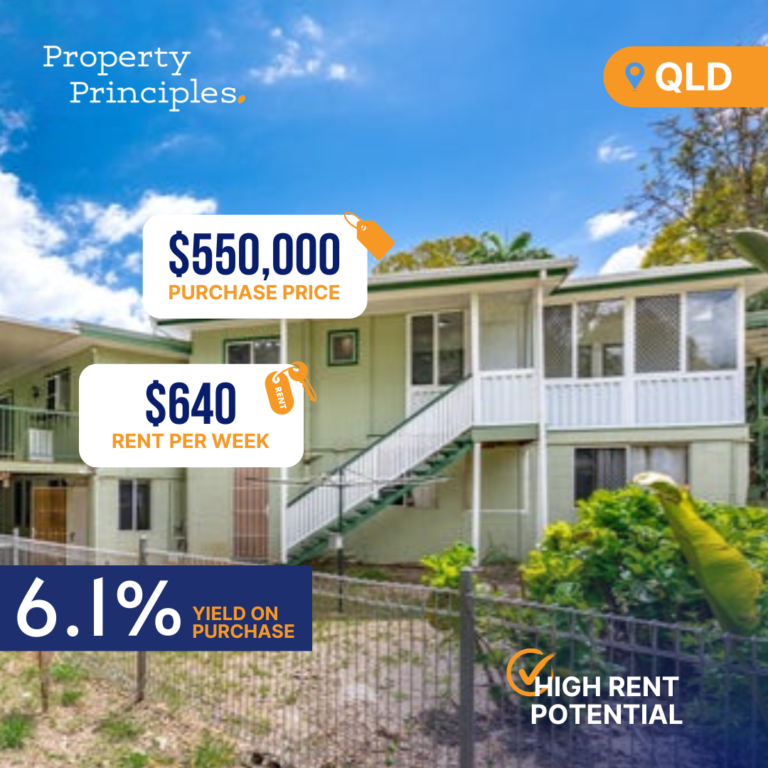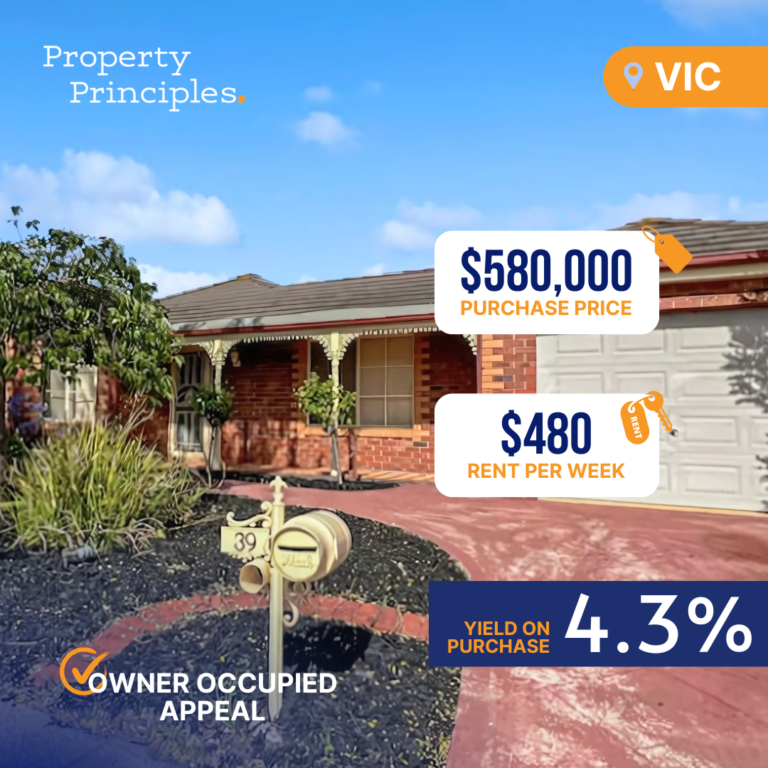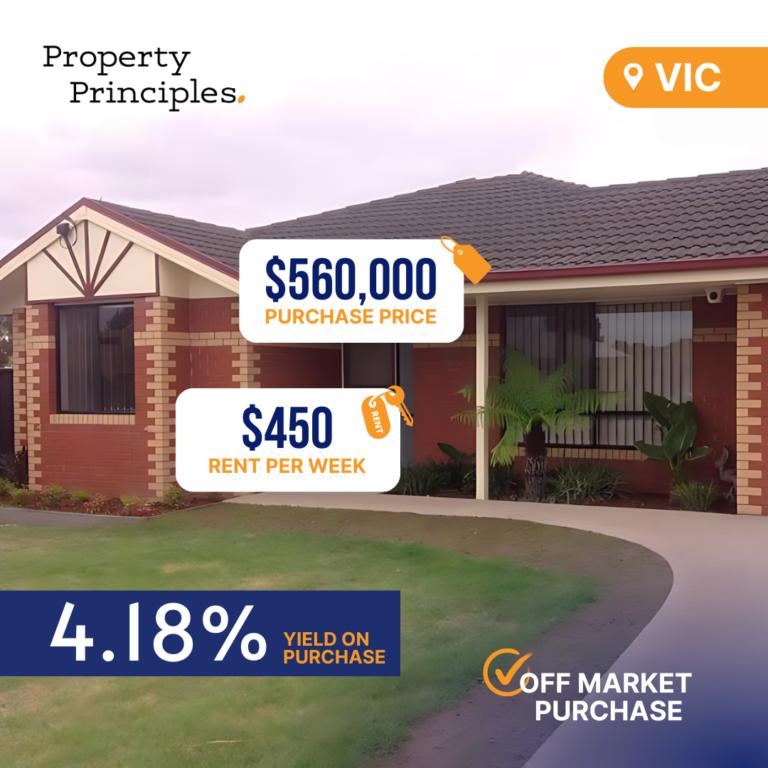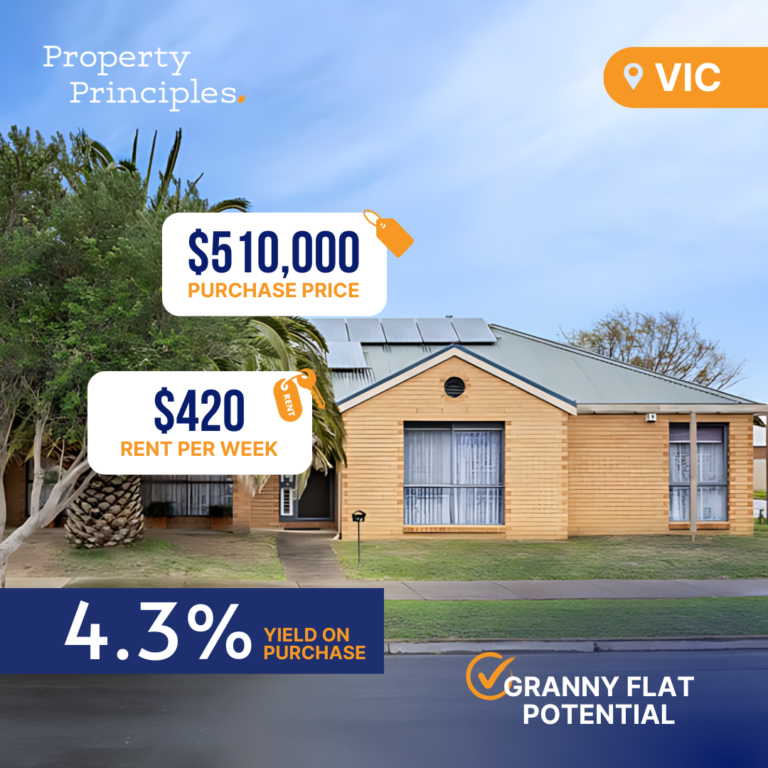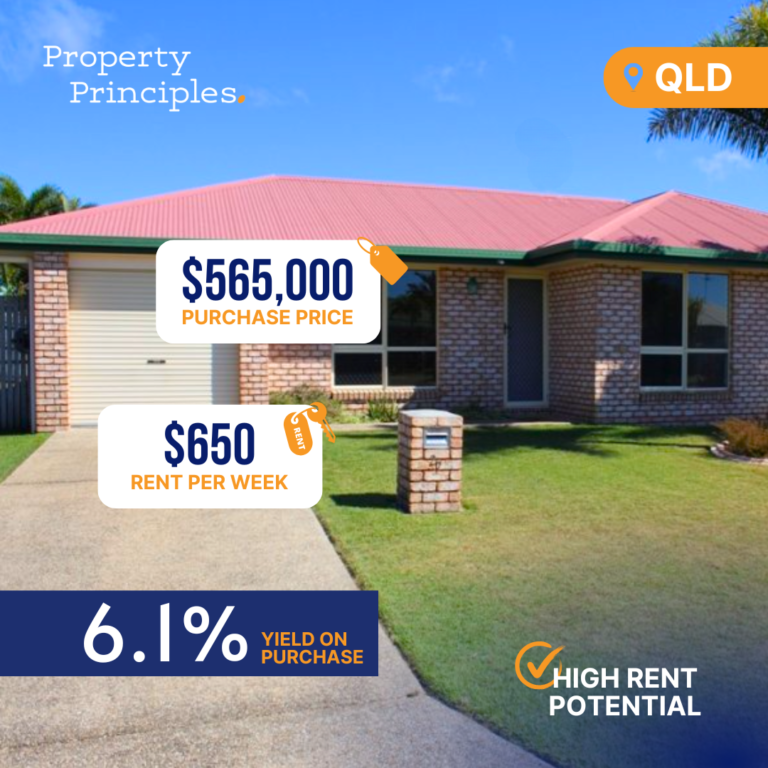The self-storage industry is booming, thanks to a combination of factors, including the COVID-19 pandemic and a shortage in housing. As people searched for refuge from urban lockdowns and adjusted to new work-from-home arrangements, the need for extra storage space soared. This increased demand, coupled with rising rents and high occupancy rates, has turned self-storage facilities into profitable commercial property assets.
Rents for self-storage units have increased substantially over the past two years, making them highly attractive to investors, including large companies, property trusts, and high-net-worth individuals. Stable income streams, the security of tangible assets, and the absence of rental incentives make these properties appealing investment options. Furthermore, with the country facing a housing shortage, more people are using self-storage as a solution for storing their belongings long-term.
Recent data from Cushman and Wakefield’s self-storage indicators report reveals that some markets have seen the average storage fee per square metre increase by 15 to 20% annually. In Sydney, fees climbed from $350 per square metre to $425 in just three years, and in Melbourne, rates increased from $290 to $340. Adelaide achieved a remarkable 14% fee growth rate over 12 months, with Sydney close behind at 12%.
According to Linda Sharkey, Divisional Director of Self-Storage at Cushman & Wakefield, although occupancy rates have begun to decline from their pandemic highs, the industry’s growth is far from over.
The strong revenue growth generated by self-storage operators has led to rapid expansion. Vanessa Rader, Head of Research at Ray White Commercial, states that 50 self-storage developments are currently under construction, contributing an additional 300,000 square metres of space to the market. The majority of these new projects are located along the east coast, with south-east Queensland expected to see the most completions.
One major self-storage operator, Abacus Property Group, is spinning off its Storage King properties into a separate Australian Securities Exchange (ASX)-listed real estate investment trust (REIT), unlocking value on its balance sheet. Storage King will own, operate, and manage a $3 billion self-storage portfolio, with 135 sites across Australia, including 110 under the Storage King brand. Abacus will retain a minority interest of up to 19.9% in the company.
Abacus Managing Director Steven Sewell has stated that the self-storage market has attractive fundamentals supported by macroeconomic tailwinds, including an imbalance in supply and demand, densification of residential property, and the growth of e-commerce.
If the spin-off is approved by shareholders on July 27, the new Storage King entity is expected to begin trading on the ASX under the ticker ASK on August 1. This would make Storage King the country’s second-largest pure-play self-storage REIT, after National Storage REIT.
Industry data from the Self Storage Association of Australia reveals that National Storage holds the largest market share at 18%, followed by Storage King at 14% and Kennards at 12%.
As life gradually returns to normal post-pandemic, the popularity of self-storage is likely to persist. These unassuming little units provide a simple solution to one of our biggest challenges: finding a place to store our ever-growing collection of belongings. As trends and demands continue to evolve, the self-storage industry’s growth shows no signs of slowing down.

